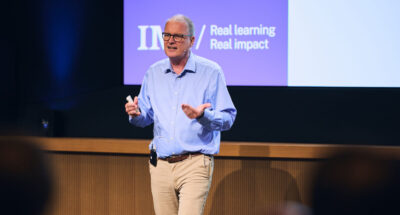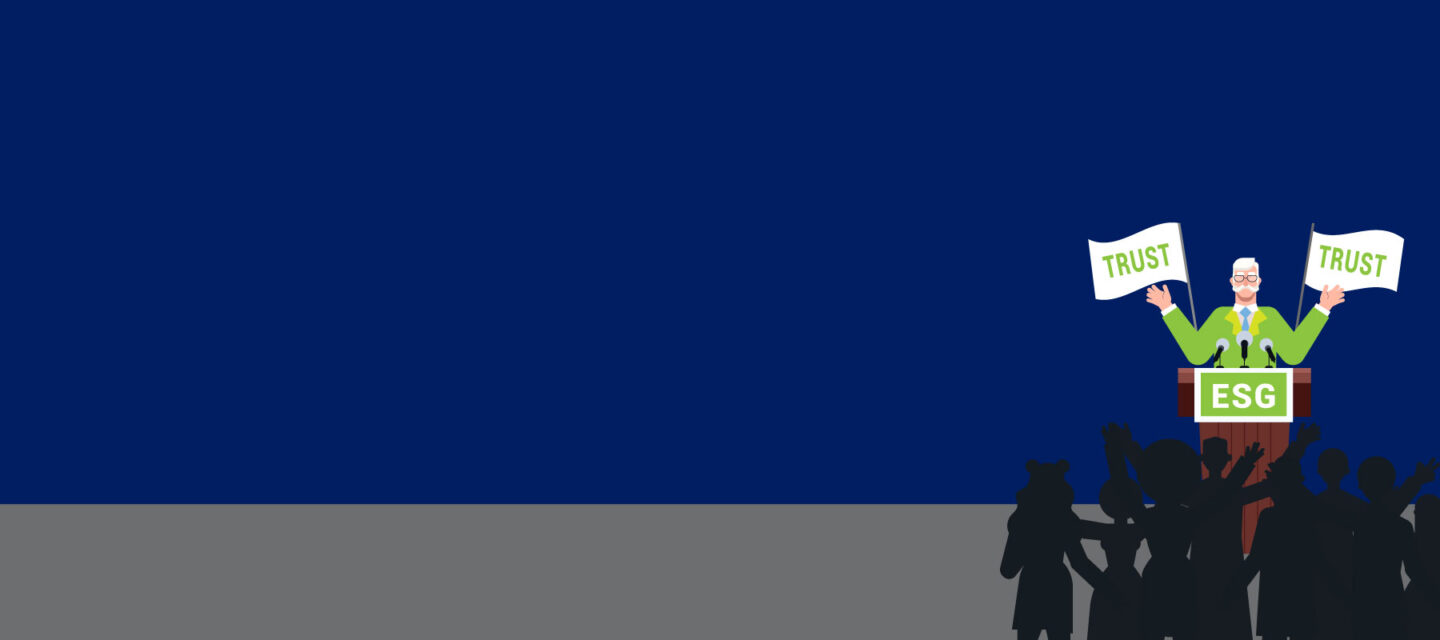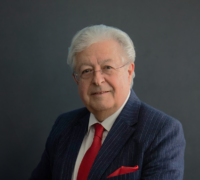Three ways in which trust can help the green transformation
1 – Embedding ESG goals in corporate strategy and evaluation
Advanced secure tracking and verification solutions can play a crucial role in monitoring and validating a company’s progress toward its ESG and sustainability goals. Such technologies can accurately track supply chains, verify the authenticity of sustainable materials, and monitor the environmental impact of operations. This accurate and verifiable tracking enables companies to measure their ESG performance more effectively and align it with their corporate strategy.
Example: Danish toy maker the LEGO Group. By making environmental sustainability a priority, including producing pieces made from plant-based polyethylene and aiming to make all bricks sustainable by 2030, LEGO ranked first in the Global RepTrak®100 survey for the second year in a row in 2024 and has seen consistent revenue growth over the past 12 years.
2 – Consumer and stakeholder engagement and inclusivity
Solutions for product authentication and traceability can be leveraged to engage stakeholders. For example, by providing consumers with detailed information about the sustainability and ethical sourcing of products through secure QR codes and blockchain-based tracking, companies can foster a higher level of trust with their customers. These technologies also facilitate inclusive platforms for stakeholder feedback, ensuring that all voices are heard and enhancing the inclusivity of corporate governance practices.
Example: US multinational retail corporation Walmart. In 2018 Walmart partnered with IBM to use blockchain technology to improve the traceability of its food supply chain. The system promotes food safety and reduces waste by ensuring that only affected products are recalled, rather than entire batches.
3 – Transparent reporting and disclosure
By using technologies to authenticate and secure ESG data, companies can ensure that their sustainability reports, disclosures, and other public documents are tamper-proof and verifiable. This increases stakeholder trust in the disclosed information and sets a higher standard for transparency in corporate reporting.
Example: US semiconductor and computer manufacturer Intel. In September 2024 Intel was ranked the best overall transparent company in the 2024 Transparency Awards for showcasing “true transparency” through its “consistent and thorough disclosures, effectively communicating its mission, vision, and strategy with clear introductions and summaries across all documents.”










